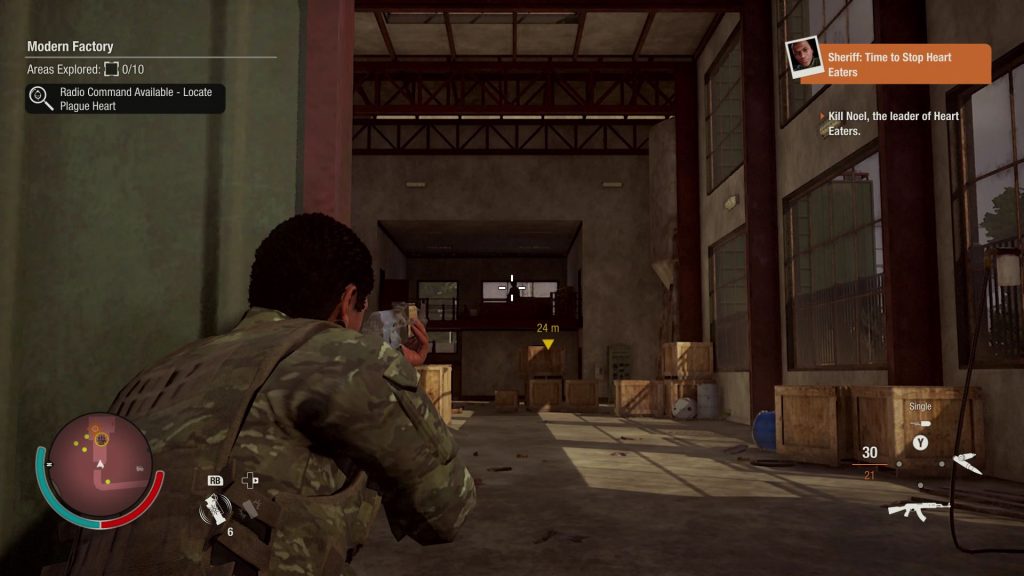

They examine decay in its myriad manifestations-biological, physical, organizational, moral, political, personal, and social and in numerous contexts, including colonialism and imperialism, governments and the state, racism, the environment, and infrastructure.


In eleven sharp essays, the contributors to Decay attend to the processes and experiences of symbolic and material decay in a variety of sociopolitical contexts across the globe. We need not celebrate “humanity as technological detour,” but focus on the “peopling of technologies.” Descola charts Siberian and North American groups on a north–south historical gradient from animism to analogism, and Amazonian cultural groups as animist transformational sets, reviving a human geography tradition, connecting to Latour’s project through wide-mesh networking of human–nonhuman cosmo-logical modes and relations, and contesting Viveiros de Castro’s uniform Amazonian predation cosmology and multinaturalism–uniculturalism, supporting the earlier work on contrastive Amazonian linguistics. In lectures on Gaia, Latour turns toward a Durkheimian politics of the Anthropocene. Double-click and the snake of knowledge are metaphorical reminders to not efface the labor of invention and maintenance. Latour turns to Wittgensteinian or Lyotardian language games, and Silversteinian deixis and metapragmatics, as formal means of distinquishing modern European discursive categories and institutions, each defined by three criteria: the right pre-position, discontinuity from other language games, and felicity conditions. The essay argues that what is at stake in this process is not merely a new technique of the self or the enduring romance of the primitive, but the redistribution of the meaning and value assigned to those domains of human life imagined in opposition to social relation itself. I explore how this investment may divide the kind of humanity authorized or claimed as “indigenous” into opposing legitimacies that are set against one another and vertically ranked. Here, I identify how international human rights law, multiculturalist state policies, humanitarian NGO programs, and genetic science all share an investment in the moral defense of isolated life. It traces a recent controversy around one such “isolated” population-Ayoreo-speaking people in the Paraguayan Gran Chaco-to suggest how these politics of isolation may represent a new regime of what Didier Fassin has called “biolegitimacy,” or the uneven political parsing and authorization of valid human life, within global formations of indigeneity. This essay describes the politics of voluntary isolation, an emerging category of indigeneity predicated on a form of human life that exists outside of history, the market, and wider networks of social connection.


 0 kommentar(er)
0 kommentar(er)
